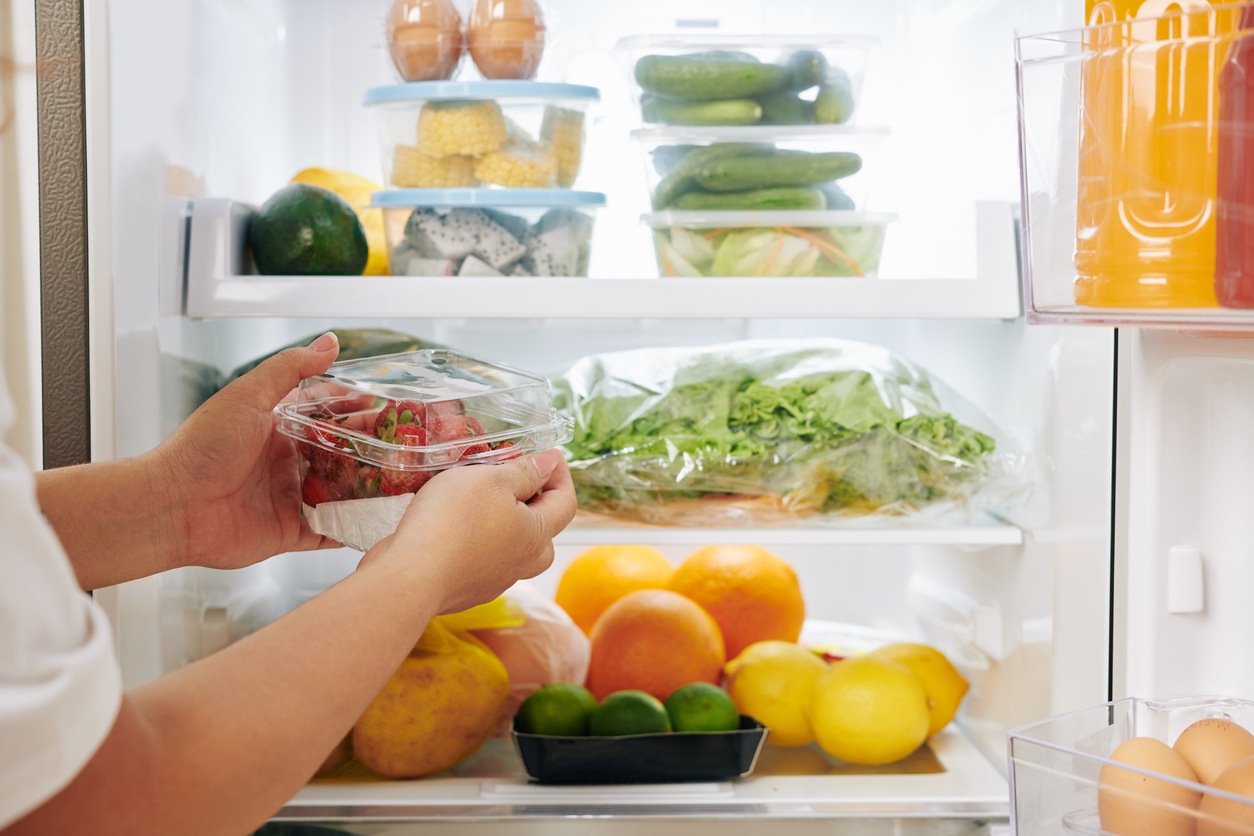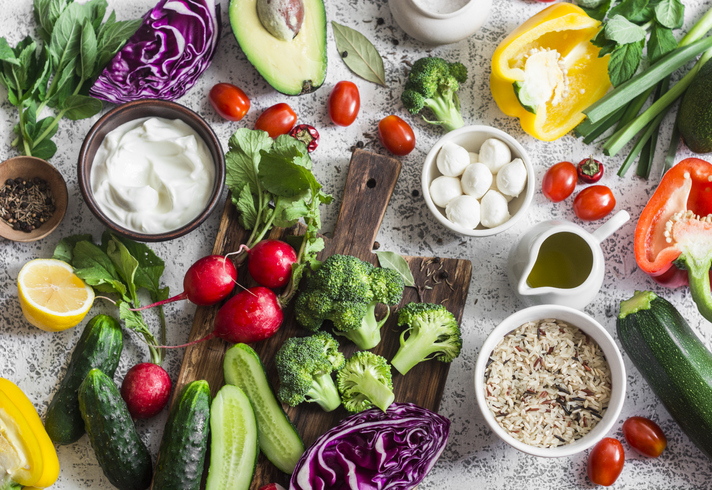
Reduce Food Waste and Save
A 2019 United Nations report on food waste concluded that 58% of the food produced in Canada is wasted and 61% of that waste happens at home. The average Canadian wastes 79 kilograms or 174 pounds of food a year!
Not only is wasted food costing you money, it’s also placing a burden on the planet. About 8-10% of methane emissions – a greenhouse gas that traps heat in the atmosphere – come from food that is not consumed.
Bottomline – Make an effort to buy only what you’ll eat and eat what you buy.
Here are a few tips to reduce food waste and save:
- Meal plan and shop with a list to ensure you eat what you buy!
- Grow your own food. Herbs are easy to grow in the smallest of spaces. Or, try container-friendly veggies like lettuce, tomatoes, peppers or varieties of cucumbers. Many herbs freeze well to be used later in sauces, soups and stews. Share any excess produce from your garden with neighbours, family, and friends.
- Turn supper leftovers into lunch the next day. Pack food into reusable containers made from glass or stainless steel. Mason jars and beeswax wraps are perfect!
- Store fresh vegetables and fruits properly to retain their nutritional value and freshness. E.g., never store an apple with a head of lettuce! Check the Resources Section on food storage tips and how to arrange your crisper drawers.
- Create an “Eat Me First” bin or basket for the fridge. Choose produce approaching the “use before” date. Find recipes that incorporate over-ripe or “tired-looking” veggies and fruits instead of putting them into the compost bin. Turn over-ripe fruit into smoothies or fruit compotes, or use in quick breads and muffins such as banana muffins. Steam or blanch and freeze wilting veggies to use later in soups and stews. No need to waste the tops from fresh carrots, beets, radishes and turnips – add them to the stock pot.
- Break up with your garburator. Because food waste contains a lot of nitrogen, this leads to environmental problems when food waste ends up in lakes and streams. Garburators also use energy and perfectly good drinking water to get rid of organic waste. Composting— whether in the backyard or in the city green bin– is better because it creates soil!
Want to learn more? Check out these resources!




